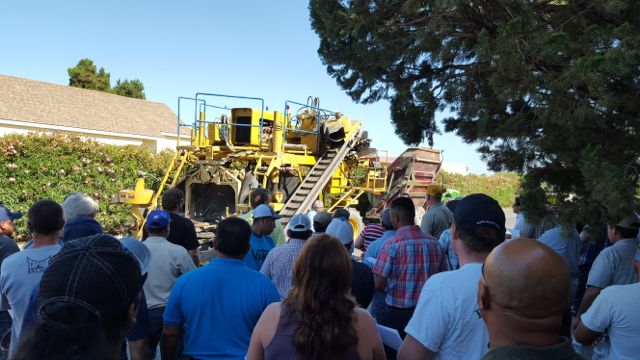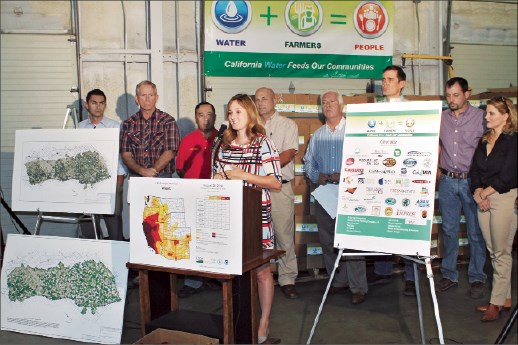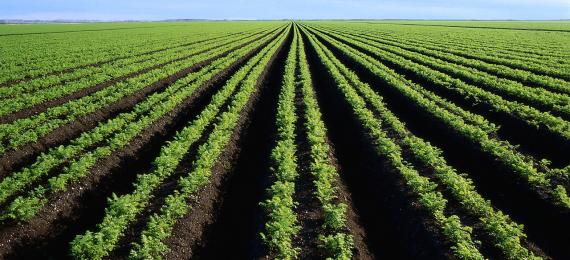Grape Harvester Safety
Grape Harvester Worker Safety
By Charmayne Hefley, Associate Editor, California Ag Today
Worker safety is top-of-mind for agriculture, and a special raisin and wine grape mechanical safety training event was held in the Fresno County town of Easton. Grape harvester safety suggestions were conveyed in both English and Spanish to more than 150 attendees.
Ryan Jacobsen, CEO of the Fresno County Farm Bureau, one of the event sponsors, said, “It’s no secret, grapes are one of the top crops here is Fresno County. So this raisin and wine grape mechanical harvest safety training is really just to make sure that all of our employers and employees have a safe harvest.”
“It’s no secret, grapes are one of the top crops here is Fresno County. So this raisin and wine grape mechanical harvest safety training is really just to make sure that all of our employers and employees have a safe harvest.”
“They’re working with some machinery that is used only during the harvest time,” said Jacobsen, “which is only a six-week to eight-week period of time. So we just want to get more familiarized with safety as the upcoming season approaches.”
“Most importantly,” Jacobsen continued, “farmers and farmworkers are working a lot of long hours during the harvest season, and this is just a constant reminder that safety is the number one priority. It’s most important that our folks go home safe every evening,” Jacobsen said.
Clint Erling, and his employer, Kingsburg Cultivator, also known as KCI Equipment, which manufactures vineyard equipment such as mechanical raisin harvest machines and almond harvesting equipment, wants to make sure everybody’s safe and gets to go home at night. “Some of this equipment can be extremely dangerous,” Erling explained, “so we engineer guards for areas of the machine to increase worker safety, while maintaining the machine’s effectiveness in the field.”
Worker safety is important to Erling, even after the sale. “We go to the field and work with farmworkers during the harvest or on any projects they’ve got going on,” he said.

















